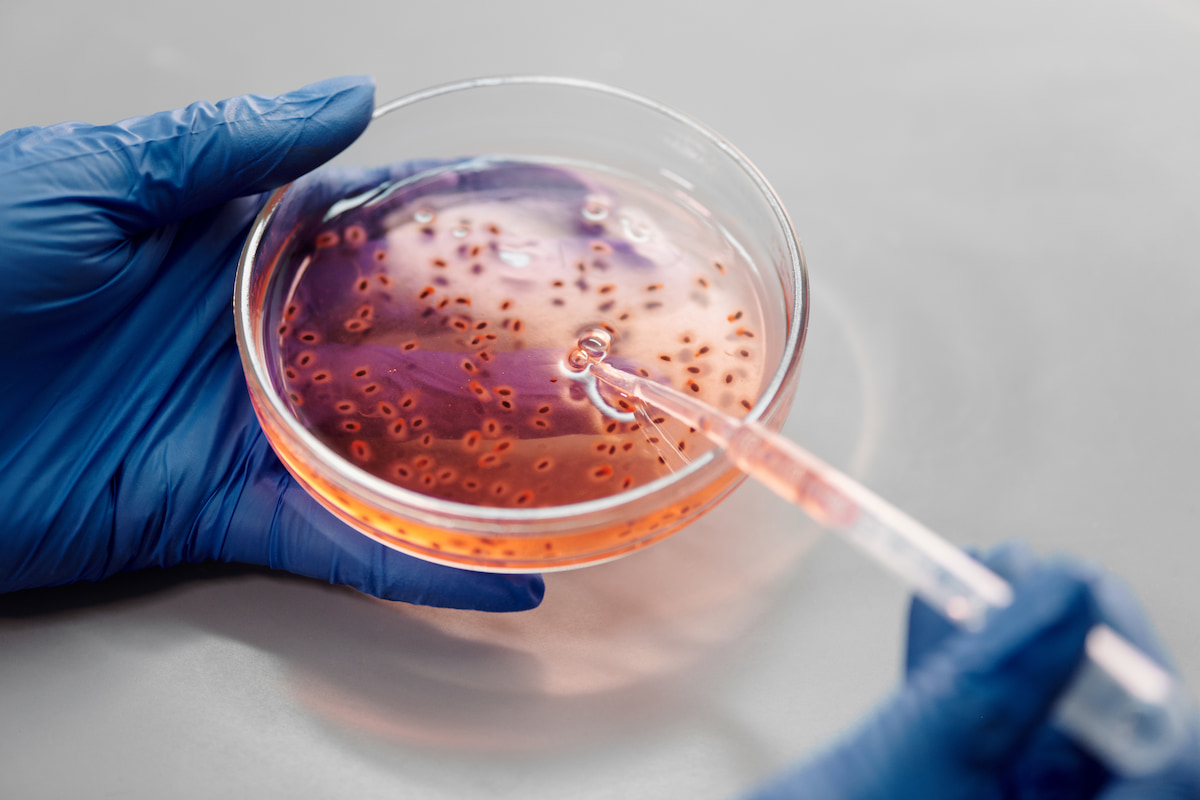In the ever-evolving struggle against microscopic adversaries, a fresh investigation from Australia offers a ray of hope. Researchers, spearheaded by Distinguished Professor Steven Djordjevic from the Australian Institute for Microbiology and Infection at the University of Technology Sydney, in collaboration with counterparts from the University of Melbourne and the University of South Australia, have recently introduced a groundbreaking concept. Their study, under the title “Genomic surveillance for antimicrobial resistance — a One Health perspective,” has been published in the prestigious journal Nature Reviews Genetics, presenting a potential solution to the challenge posed by ‘superbugs.’

Understanding the ‘Superbug’ Dilemma
‘Superbugs,’ a term that may sound familiar, represent microorganisms like bacteria, viruses, fungi, and parasites endowed with a unique power: they develop resistance to the drugs and chemicals designed to combat them. This resilience makes infections caused by these ‘superbugs’ extremely tough to treat, elevating the risk of diseases spreading and leading to severe illnesses and, in severe cases, even fatalities.
Without effective intervention, the prediction is alarming. Experts anticipate that by the year 2050, a staggering 10 million lives globally could be lost due to antimicrobial resistance. Regrettably, countries with lower and middle incomes would bear the brunt of this burden.
Key Players and Their Research
Now, let’s delve into this intriguing research that offers a potential path to confront this challenge. Professor Steven Djordjevic, leading the study, hails from the Australian Institute for Microbiology and Infection at the University of Technology Sydney. He worked alongside a dedicated team of experts from the University of Melbourne and the University of South Australia. Their research serves as a spotlight, illuminating the issue of ‘superbugs’ and offering potential solutions.
The Role of Genomic Surveillance
So, how does this research equip us to combat ‘superbugs’? It revolves around the concept of “genomic surveillance.” In a similar manner to detectives piecing together clues to solve mysteries, scientists employ genomic surveillance to track the movements and adaptations of these ‘superbugs.’
During the COVID-19 pandemic, genomic tracing emerged as a pivotal tool in understanding how the virus propagated. This technology revealed the virus’s origins and mutations. Presently, researchers are convinced that they can apply the same approach to ‘superbugs.’ Through advanced technologies like genomics, artificial intelligence (AI), and machine learning, scientists can identify changes in ‘superbugs,’ elucidating their movement patterns.
‘Superbugs’ become more potent as they acquire new genes that bestow drug resistance. These genetic changes are detectable through genomic technologies, offering insights into the movement of these formidable microorganisms.
However, there’s a caveat: ‘superbugs’ exhibit a chameleon-like adaptability, continuously changing and evolving. Consequently, there’s no one-size-fits-all solution. This underscores the importance of ongoing genomic surveillance, which is akin to maintaining vigilant scrutiny over these minuscule adversaries, thereby enhancing our understanding and enabling us to develop strategies to combat them.
The Call to Action
The researchers behind this study are not just unveiling their findings; they are urging policymakers to take action. They have put forward a set of practical recommendations to combat ‘superbugs’:
- Establishing a national One Health antimicrobial resistance surveillance program: This entails creating a comprehensive system to monitor ‘superbugs’ across humans, animals, plants, and the environment.
- Enhancing public awareness and education about antimicrobial resistance: An informed public is more likely to contribute to our collective efforts to combat this issue.
- Boosting laboratory capabilities in countries with lower and middle incomes: Ensuring that all nations, regardless of their economic standing, have the necessary tools to combat ‘superbugs.’
- Encouraging scientific research and innovation: Supporting scientists and inventors working on novel approaches to counter ‘superbugs.’
- Strengthening regulatory oversight in agriculture: Ensuring that farms and food production adhere to rules that prevent the spread of ‘superbugs.’
- Enhancing antibiotic stewardship: Using antibiotics judiciously to avoid exacerbating antimicrobial resistance.
A Step Toward a Safer Tomorrow
In a world rife with challenges, this research offers a ray of hope. By harnessing the power of genomic surveillance, we may be able to slow down the spread of ‘superbugs’ and preserve our world’s safety. Remember, this is a multifaceted issue, but with cooperation, innovation, and unwavering determination, we can confront it head-on. Distinguished Professor Steven Djordjevic and his team have provided us with a potent tool. Now, it’s up to us, in collaboration with policymakers and scientists, to utilize it wisely and safeguard our world against these diminutive yet formidable adversaries.
Read more on our website!


